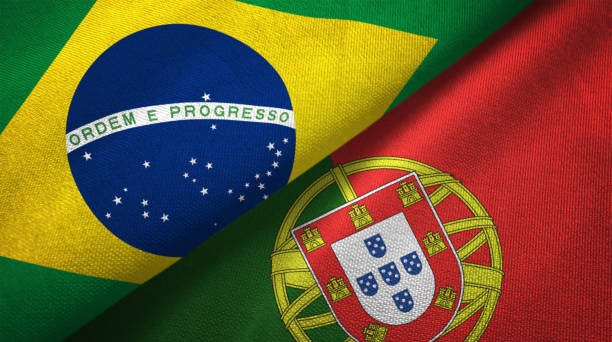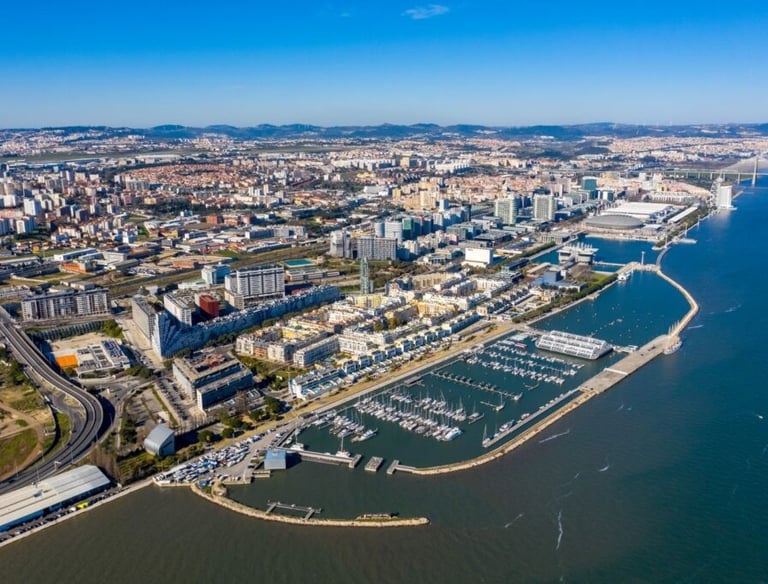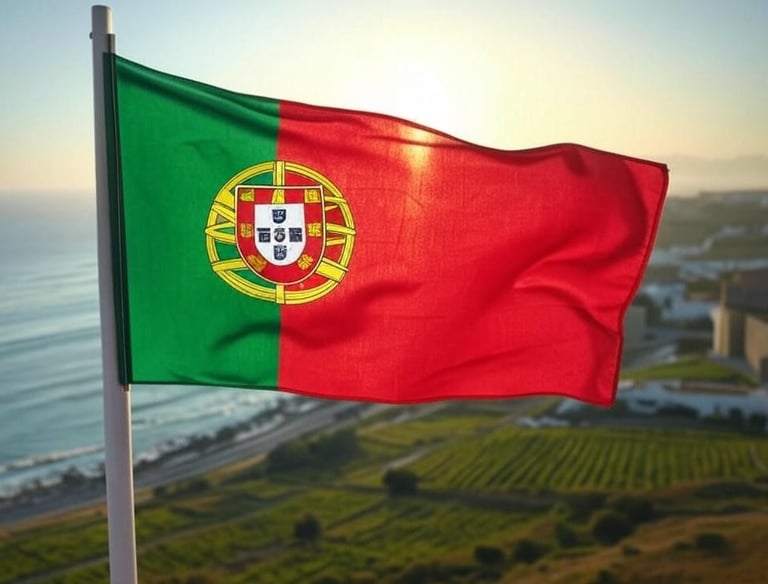Residence Visa for Passive Income Holders or D7
1 minute read
Published on March 21, 2025
Author of the Article
Loide Castelo Branco
The D7 visa, widely recognized as the residence visa for passive income holders, is a fantastic opportunity for those researching how to apply for the D7 visa in Portugal or planning to retire in Portugal with a stable income stream. Designed for individuals with regular passive income, such as retirees or investors, this visa allows both European Union citizens and nationals from other countries to reside in Portugal for over a year. Whether you’re exploring the D7 visa Portugal requirements or dreaming of living in Portugal with passive income, this guide will walk you through everything you need to know to make your move a reality."
I – What is Passive Income for D7 Visa
Understanding passive income for the D7 visa is key to eligibility. Passive income refers to earnings that flow consistently without active work, such as:
Retirement income (e.g., pensions)
Rental income from real estate
Dividends or interest from investments
Other steady income sources unrelated to employment
Unlike active income (e.g., salaries), which can fluctuate, passive income must be reliable and verifiable to meet the D7 visa application process standards.
II – How to Apply for the Residence Visa for Passive Income Holders/D7
Wondering how to apply for the D7 visa in Portugal? The process starts at the Portuguese Consulate or Embassy in your home country. You’ll submit your application along with the documents needed for the D7 visa, including proof of income, housing, and health insurance. Proper preparation is essential to meet the D7 visa Portugal requirements and ensure a smooth approval.
III – General and Specific Documentation Requirements
Means of Subsistence: Passive Income for the D7 Visa
A core requirement is proving a regular passive income that meets or exceeds Portugal’s minimum wage. As of 2025, this is 870 euros gross per month (or 10,440 euros annually), deposited monthly into your account.
For a married applicant, add 50% for a dependent spouse.
For each dependent child, add 30%.
Examples:
Single applicant: 10,440 euros/year
Married couple: 15,660 euros/year (10,440 + 5,220)
Couple with one child: 18,792 euros/year (15,660 + 3,132)
These amounts are the minimums, and maintaining them is critical for living in Portugal with passive income.
Housing in Portugal
You must demonstrate a place to live by submitting:
A registered lease agreement validated by the Portuguese Tax Authority, or
Proof of property ownership or usufruct rights.
Health Insurance
Applicants need:
Private health insurance coverage, or
Enrollment in Portugal’s National Health Service (SNS).
Eligibility Conditions
To be eligible, you must not:
Have entry bans or removal orders in Portugal.
Appear in the Schengen Information System (SIS) or SEF Integrated Information System (SII UCFE) for entry/stay refusals.
IV – Where to Submit Your D7 Visa Application
The D7 visa application process begins at your local Portuguese Consulate or Embassy. Bring all required documents, such as proof of passive income for the D7 visa, housing, and insurance, to kickstart your journey to Portugal residence for investors or retirees.
V – D7 Visa Fees
VI – Visa Issuance and Scheduling
Once AIMA (Agency for Integration, Migration, and Asylum) approves your application, the consulate issues your D7 visa and schedules an appointment for you to visit AIMA in Portugal to finalize the process.
VII – Visa Validity and Processing Time
The D7 visa is valid for four months with two entries into Portugal. Processing typically takes 90 days, though delays are possible, so apply early to avoid setbacks.
VIII – Biometric Data and Fees
After arriving in Portugal, attend your AIMA appointment to provide biometric data (fingerprints, signature, photo) and submit additional paperwork. This step is vital for obtaining your residence permit.
IX – Residence Permit Fees and Validity
Fees will be due as per the current regulation for the issuance of the residence permit for passive income holders, which, according to the law, is valid for a period of 2 years, renewable for an additional 3 years.
Once the application and documents are reviewed and deemed compliant, the residence permit will be granted, and the applicant will receive their residence card at their address.
X – Rights and Duties
Rights and Duties of D7 Visa Holders in Portugal
The D7 visa comes with responsibilities and benefits:
Duties:
Notify AIMA of address or marital status changes within 60 days.
Stay in Portugal while holding the permit.
Rights:
Apply for family reunification (spouses, minor children, dependent adults, ascendants, or minor siblings).
Travel in the Schengen Area for up to 90 days without a Schengen visa.
Access the SNS, legal protection, and education.
After five years, pursue permanent residency or Portuguese nationality.









